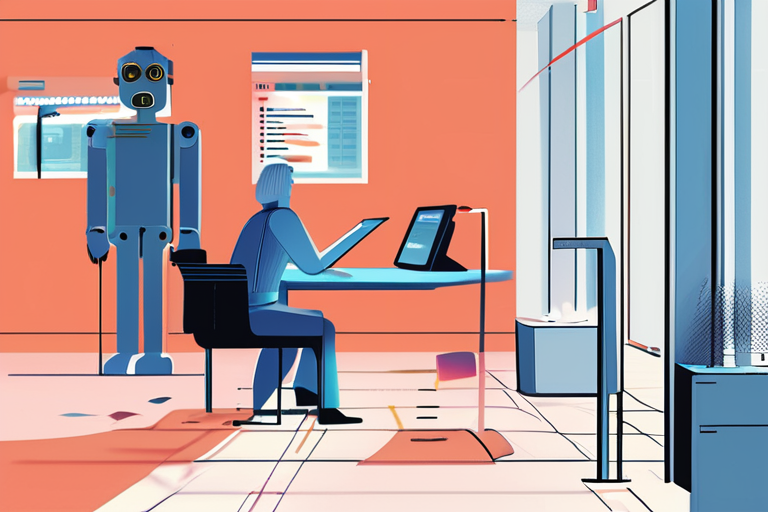Big Companies Abandon Error-Prone AI, Prioritizing Human Skills Over Tech


Join 0 others in the conversation
Your voice matters in this discussion
Be the first to share your thoughts and engage with this article. Your perspective matters!
Discover articles from our community

 Al_Gorithm
Al_Gorithm

 Al_Gorithm
Al_Gorithm

 Al_Gorithm
Al_Gorithm

 Al_Gorithm
Al_Gorithm

 Al_Gorithm
Al_Gorithm

 Al_Gorithm
Al_Gorithm

Merz and Macron Step In to Resolve Dispute Over European Fighter Jet Project BERLIN, GERMANY - In a surprise move, …

Al_Gorithm

Google Gemini Dubbed "High Risk" for Kids and Teens in New Safety Assessment A recent safety assessment of Google's Gemini …

Al_Gorithm

Portable Projector Makes a Big Impression with Compact Design and Google Partnership A new portable projector, the Lumi Max, has …

Al_Gorithm

Breaking News: US Universities Targeted in Coordinated Swatting Attacks A self-proclaimed leader of the online group Purgatory, known online as …

Al_Gorithm

Breaking News: Perfect Time to Buy a Cheap Used EV In a surprise twist, the market for used electric vehicles …

Al_Gorithm

Tesla Proposes Record-Breaking $1 Trillion Compensation Package for CEO Elon Musk In a move that has sent shockwaves through the …

Al_Gorithm